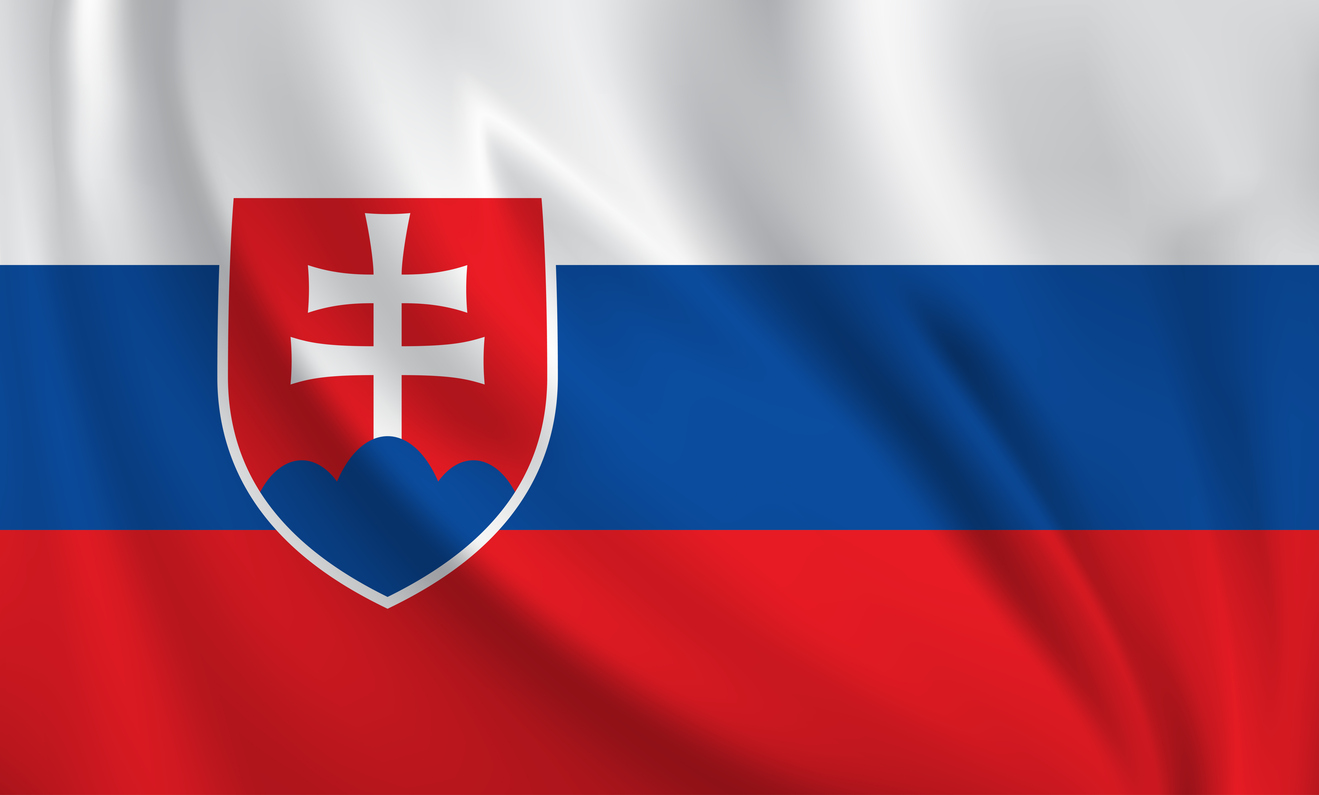Slovakia, located in the heart of Central Europe, has emerged as one of the most developed markets for pharmaceuticals and medical devices in the region.
In this article you will learn about:
With a well-established healthcare system, a strong manufacturing sector, and a favorable regulatory environment, Slovakia offers a conducive environment for conducting clinical trials.
In this comprehensive guide, we will explore the key aspects of running clinical trials in Slovakia and provide valuable insights to researchers and sponsors.
The Regulatory Landscape
The State Institute for Drug Control (SUKL) is the main regulatory authority in Slovakia responsible for overseeing medicinal products, devices, and biologicals.
Working under the Ministry of Health, SUKL plays a crucial role in the approval process for clinical trials.
In Slovakia, both the SUKL and the respective Ethics Committee need to grant approval for conducting clinical trials.
SUKL actively collaborates with foreign institutions, including the Council of Europe and the European Pharmacopoeia Commission, within the European Network of pharmaceutical activities.
This collaboration ensures the quality and compliance of medicinal products used in clinical trials.
The Pharmaceutical Industry & Clinical Trials Market
Slovakia boasts a highly developed pharmaceutical and medical devices market in the Central and Eastern European region.
The country has a long history of medical device manufacturing, particularly in the orthopedic and dental equipment sectors.
Currently, Slovak companies primarily focus on producing single-use medical equipment, with the domestic medical device production estimated to exceed $300 million [1].
The Healthcare System
Slovakia has a well-structured healthcare system that combines a public sector with a small private sector.
The country is home to around 45 state hospitals, providing comprehensive healthcare services to its citizens.
Additionally, there are three nationwide health insurance companies, one private and two public, offering coverage options to the population.
In recent years, the Slovakian government has initiated the public eHealth initiative to enhance technology within hospitals and introduce electronic medical records.
This reform includes the implementation of an electronic health book for patients, electronic prescribing and dispensing of medicinal products, and medical devices via electronic means.
Clinical Trial Approval Process
To conduct a clinical trial in Slovakia, researchers and sponsors need to follow a well-defined approval process.
The process includes the submission, via CTIS, of a comprehensive application to the SUKL and the Ethics Committee, adhering to the guidelines and regulations set forth by these regulatory bodies.
The application for clinical trial authorization should contain essential documents, such as a covering letter, application form, investigator’s brochure, protocol, subject information leaflet, informed consent form, and the Investigational Medicinal Product Dossier (IMPD).
Additionally, applicable authorizations covering trials with specific characteristics, such as GMOs or radiopharmaceuticals, should be provided.
Scope of Activities and Instructions
Researchers and sponsors should carefully define the scope of activities for their clinical trials in Slovakia.
This includes outlining the protocol, listing relevant community pharmacies (if necessary), and ensuring compliance with the protocol, Good Clinical Practice (GCP) guidelines, and applicable regulatory requirements.
Instructions provided by the regulatory bodies should be closely followed to ensure the smooth execution of clinical trials.
These instructions cover various aspects, such as trial site requirements, drug manufacture, pharmacy operations, distribution, transfusiology, post-authorization quality control, and laboratory control.
Pharmacovigilance and Clinical Trials
Pharmacovigilance plays a vital role in monitoring the safety and efficacy of medicinal products used in clinical trials.
In Slovakia, researchers and sponsors need to comply with the pharmacovigilance guidelines set forth by the regulatory bodies.
These guidelines outline the scope of activities, provide instructions for reporting adverse events, and specify the contact information for pharmacovigilance-related queries.
Clinical trials in Slovakia require adherence to specific procedures, ensuring the highest standards of patient safety and data integrity.
Researchers and sponsors should carefully review the instructions provided by regulatory bodies, covering various aspects of clinical trial procedures.
These instructions include guidelines on trial initiation, site selection, patient recruitment, data collection, and trial completion.
Laboratory Control and Medical Devices
Laboratory control is an integral part of clinical trials, ensuring accurate and reliable analysis of samples.
In Slovakia, researchers and sponsors should follow the guidelines and instructions provided by regulatory bodies for laboratory control activities.
These guidelines cover the scope of activities, instructions for sample collection and analysis, and contact information for inquiries related to laboratory control.
The medical device sector in Slovakia offers significant opportunities for conducting clinical trials.
Investigators and sponsors should familiarize themselves with the scope of activities and instructions provided by regulatory bodies for medical device trials.
These instructions cover aspects such as trial site requirements, documentation, safety considerations, and contact information for inquiries.
Conclusion
Slovakia has established itself as a prominent destination for running clinical trials in Central and Eastern Europe.
With a well-developed healthcare system, a robust pharmaceutical and medical devices market, and a supportive regulatory environment, researchers and sponsors can leverage the country’s resources to conduct high-quality and efficient clinical trials.
By following the defined approval process, adhering to the guidelines and instructions provided by regulatory bodies, and collaborating with local healthcare professionals, successful clinical trials can be conducted in Slovakia, contributing to the advancement of medical research and patient care.
References:









